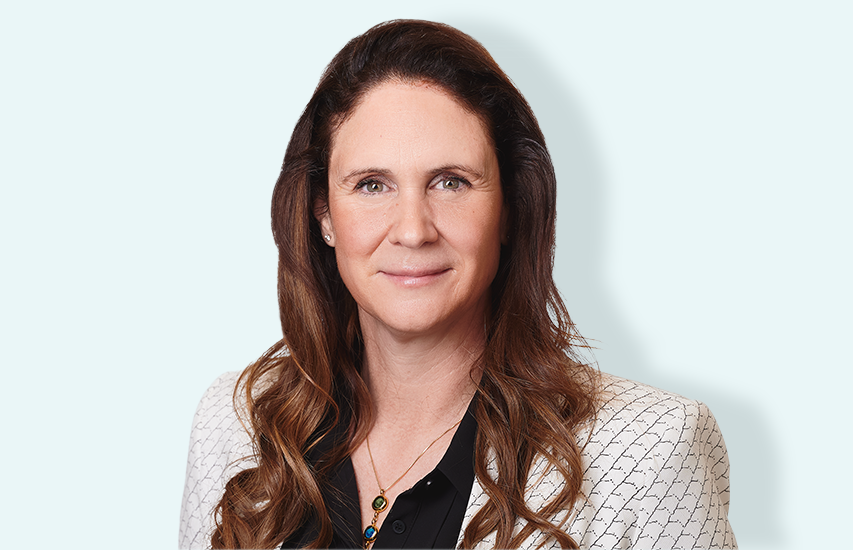Health and safety lessons
The eruption of Whakaari/White Island on 9 December 2019 was a tragedy. Of the 47 people on the island when it erupted, 22 people were killed. The other 25 people were severely injured, many with life-changing injuries. The last of the prosecutions brought by WorkSafe due to the eruption concluded on 31 October 2023. We look at the lessons landowners and company directors can learn from these prosecutions.
After the eruption, WorkSafe brought charges against 13 parties under the Health and Safety at Work Act 2015. These included charges against tourism operators, two government agencies responsible for advising on volcanic risks and the landowners. The charges against the landowners are the most legally significant.
Whakaari Management Limited
Whakaari/White Island has been in the Buttle family since 1936. The family currently owns it through the Whakaari Trust; the trust leased the land to Whakaari Management Ltd (WML). The directors of WML are three members of the Buttle family. WML used to contract with tourism operators to allow them to conduct tours on the island. WML had no presence on the island and its staff did not work there.
Charges brought against WML and its directors
WorkSafe charged WML under sections 36 and 37 of the Act. Section 36 requires employers to ensure that, as far as is reasonably practicable, the health and safety of their employees. Section 37 requires an employer to take all reasonably practicable steps to ensure the safety of anyone who enters a workplace controlled by the employer, whether they work for the employer or not.
WorkSafe also charged WML’s directors under section 44. Where an employer is a company, section 44 requires directors to take reasonable steps to ensure that their company complies with its obligations under the Act.
The court’s decisions
The charge against WML under section 36 was dismissed. The court held that section 36 only applied to the employer’s business activities, and WML did not carry out its business on the island. Section 36 will generally only apply to an employer’s premises or anywhere else its staff are working.
WML was convicted under section 37 because Whakaari was a workplace that it controlled, and it had failed to obtain expert advice on the risk posed to visitors by a volcanic eruption. The court found that WML could exercise control over the activities of tour operators on the island and that it had been involved in managing their activities in the past as it had actively engaged with the tour operators regarding their operations. WML could also control the workplace by terminating, or threatening to terminate, its agreements with tourism operators that allowed them to access the island.
Implications for landowners
If you are a landowner and allow other parties access to your property for commercial purposes, you may have health and safety obligations as WML did on Whakaari. Section 37 will not usually apply if you operate solely as a landlord because a landlord will not usually have sufficient control to meet the section 37 requirements. Section 37 also contains a specific exemption to prevent the section from applying to farmers who allow people onto their farms for purely recreational purposes such as walking or hunting.
The charges against the directors of WML under section 44 were dismissed, despite WML being convicted under section 37. The court held that it could not conclude that any directors had breached their personal duty under section 44 based on the company’s failure to meet its obligations as it had no information about how the directors had made their decisions. For example, one director could have argued that WML should have sought expert advice on the risk of volcanic eruption but was outvoted by the remaining two directors.
What directors need to do
Following the Whakaari/White Island decision, WorkSafe will likely seek full disclosure of all board documents before bringing similar future prosecutions. To avoid any potential criminal liability, any company director who is uncomfortable with their fellow directors’ stance on a health and safety matter should ensure that their dissenting view is recorded. As a company director, if you are concerned about any decisions that your board proposes to make, or has made, about a health and safety matter, it would be useful to talk with us to clarify your position.





